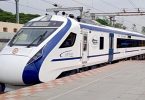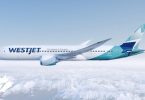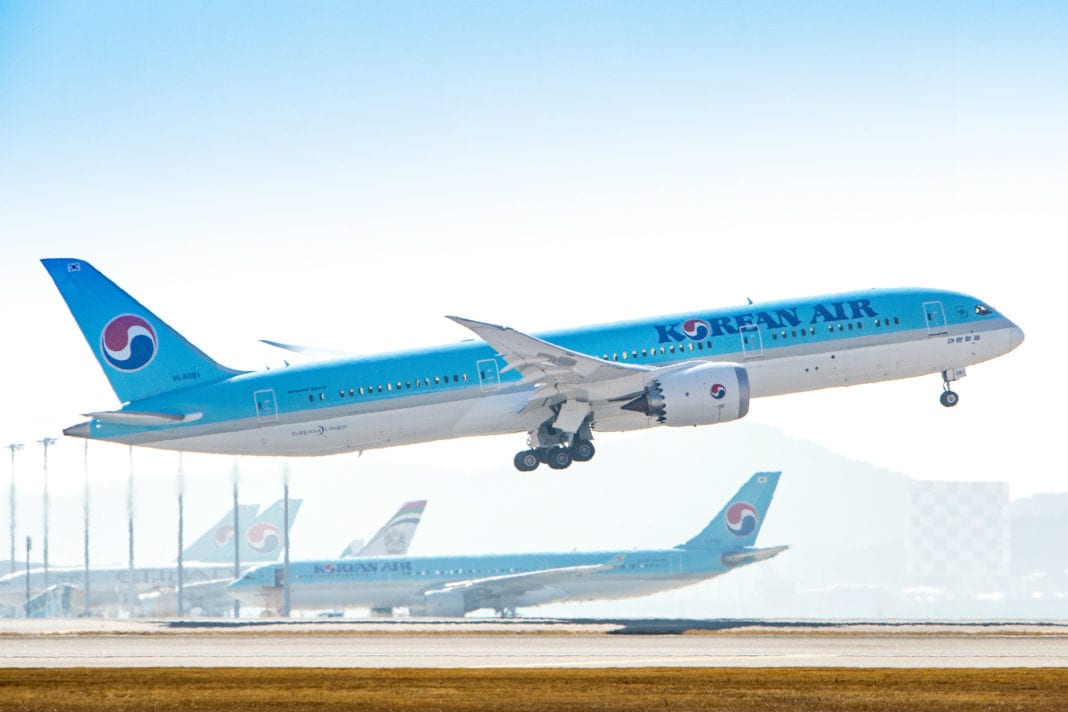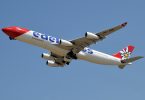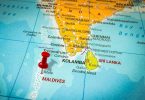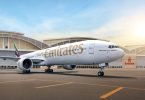Bad news for airlines is often good news for intending passengers – provided it doesn’t go on long enough to cause services to be cut.
The latest survey by the International Air Transport Association (IATA) shows business and first class passenger numbers haven’t recovered completely from the dip caused by the tsunami and earthquake in Japan and, although economy travel had risen by three percent in April after falling in November when a steep rise in fuel costs pushed up fares, it still hadn’t recovered completely.
IATA’s forecast is is that “the soft patch in premium travel will continue for the next few months and fuel costs will continue to weigh on economy travel.”
That means there will be empty seats and airlines are likely to offer special fares to fill them. Some have already done so but there may be more cut-price fares in the pipeline unless the situation improves for airlines. So, look out for bargains.
In spite of the difficulties they have had during the last two years, airlines are anxious to cut running costs, and reduce emissions of “greenhouse gas”. There was an unprecedented demand for new aircraft with lower fuel consumption at the Paris air show last week. Boeing generated excitement by showing off five of its new generation aircraft for long haul routes, especially the Dreamliner and the new, huge 747-800 intercontinental, which recently made its first public appearance. Boeing sold 142 planes, with a combined value of $72 billion .
Airbus’ biggest sales were mostly of the new, fuel-saving version of the A320 family widely used on domestic and regional routes and announced an incredible total of orders and commitments for 730 aircraft worth $72.2 billion. Airbus said there was “an unprecedented 667 commitments worth some $60.9 billion” from airlines and lease companies.
This week, Airbus signed new agreements with two Chinese companies – China Aviation Supplies Holding Company (CAS) and ICBC Leasing for 88 A320 family aircraft. CAS has been buying A320s since 1995 and, by the end of May, about 575 AR20 aircraft were being operated by a total of 13 Chinese airlines.
Most of these orders mean long-term work for three South African companies – Aerosud and Denel in Gauteng and Cobham-Omnipless in Cape Town – who supply parts to Airbus and Boeing. But Johan Steyn, managing director of Aerosud, said ruefully that the weakness of the US dollar against the rand meant that “ïnflation and expectations of employees do not match the exchange rate realities”.
One of the highlights of the Paris show was an opportunity to see a model of Airbus’ idea of what flying will be like in 50 years’ time, with the cabin divided into “personalised zones” to suit the wishes of individual passengers, instead of into first, business and economy classes. According to Airbus, you can change your surroundings with “virtual pop-up projections that can transform your surroundings” to whichever social scene you want to be in, from holographic gaming to virtual changing rooms for active shoppers.” A “revitalising zone” would allow you to recharge your batteries with vitamin and antioxidant enriched air, mood lighting, aromatherapy and acupressure treatments.
If you weren’t at the air show, all you need is a computer and you can get an idea of the concept in your own home. Video images of the Airbus concept cabin and concept plane are available on www.airbus.com/broadcastroom.
(eTN): Bad news for airlines, good news for passengers | re-post license | post content







